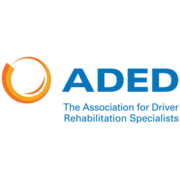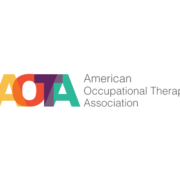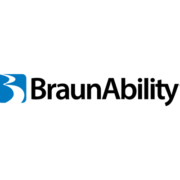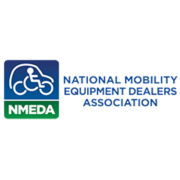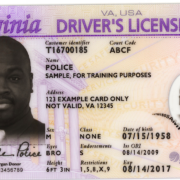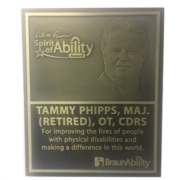Medical Review Process and 3W Restricted License
/in Case Studies/by smayfieldIn the state of Virginia, there are times when people with medical conditions (e.g. multiple sclerosis, stroke, dementia, etc.) may have their driving abilities questioned. This article details the medical review process a driver must undergo to determine if he/she is capable of safely operating a motor vehicle.
Please note: While other states may have similar processes/procedures, this article is specific to Virginia. Drivers licensed in other states should consult with their state’s licensing authority or a local driver rehabilitation specialist for more information on differing state laws.
Medical Review Process
The medical review process begins when the DMV receives a report stating that a driver may be unsafe for medical reasons. A physician, optometrist/ophthalmologist, law enforcement officer, driving rehabilitation specialist, etc., or family member may file this report. If the DMV deems the report credible (family member reports may not trigger the review process in all cases), the driver will receive a letter from the DMV on official letterhead with ORDER OF SUSPENSION printed near the top of the page. The letter states three things:
1) the DMV has received information regarding the driver’s ability to safely operate a motor vehicle
2) the driver must undergo an assessment of his or her driving abilities
3) if steps are completed before a certain date, the driver can be issued a 3W restricted license in order to participate in a driving assessment
In the best case scenario, a driver receives the DMV letter and schedules a driving assessment with a Certified Driver Rehabilitation Specialist (CDRS) as soon as possible. If the appointment is completed and the CDRS sends a favorable report to the DMV before the suspension date, the DMV may lift the license suspension. If processing times delay the DMV determination beyond the suspension date, the driver’s privileges may still be temporarily suspended while the review process is being completed.
3W Restricted License
In many cases, a driver is unable to complete the necessary steps before the suspension date due to schedule conflicts, appointment availability, inability to pay for services, etc. Regardless of the reason, the driver’s license will be suspended. If he/she ignores the suspension and drives without a valid license, he/she will be subject to state and/or local laws as would any driver without a valid license. In order to reinstate driving privileges, a driver must complete a behind-the-wheel assessment; however, it cannot be conducted unless the driver has a valid license. The 3W restricted license allows a driver to legally operate a motor vehicle for the purpose of a behind-the-wheel assessment and/or training with a CDRS.
Before the DMV will issue a 3W restricted license, they must receive an enrollment letter from a driver rehabilitation program. The DMV sends a list of providers in the state along with the initial suspension letter. It is recommended that the driver contact a CDRS soon after he/she receives the suspension letter in order to become an enrolled client. The enrollment letter simply states that the driver is enrolled in a driver rehab program and needs a 3W restriction in order to participate in a behind-the-wheel assessment or training. Once this letter has been processed by the DMV, they will send a second letter (enrollment verification) to the driver instructing him/her to go to a local DMV and obtain a 3W restricted license. The driver must bring this second letter to the DMV to obtain the restriction (unless otherwise instructed). Do not attempt to obtain the restricted license before receiving this letter. The 3W restricted license process is not something that DMV employees handle on a daily basis, and having this letter helps avoid confusion at the DMV; it also verifies that the driver is eligible for this restricted license.
The driver will receive a temporary paper license showing the restriction; a permanent license will be mailed later. The temporary paper license is sufficient to participate in the behind-the-wheel assessment. Note: On both the temporary paper license and the license card, the 3W restriction appears as restriction 9. The details of the restriction state: drive only under the supervision of rehab services. This license is not valid for independent driving.
After the Assessment
Once the driver has completed an assessment, the CDRS will share his/her recommendations with the driver and compile a report for the DMV detailing the results. Driving rehab programs and the DMV are two entirely separate entities; the DMV is the final licensing authority. While not common, the DMV may disagree with the CDRS’ recommendations. This is not something that your CDRS will have any control over.
In some cases, particularly if the driver requires adaptive equipment to drive independently, the DMV may require the driver to pass written and/or behind-the-wheel licensing tests before an “unrestricted” license will be issued. The driver’s new license may bear a restriction stating that the driver must drive with hand controls, during daylight hours only, etc., but unlike the 3W restricted license, these restrictions do not generally restrict independent driving.
Alternative to 3W Restriction
The only way to avoid license restriction is to complete an assessment with a CDRS who uses a driving simulator. However, a simulator evaluation may not be a good fit for everyone, and behind-the-wheel programs are more common. Generally, it will be easier to schedule a behind-the-wheel assessment, despite needing the restricted license.
Tammy Phipps Named 2016 Braun Spirit of Ability Award Winner
/in Case Studies/by Josh HimanThe Ralph W. Braun Spirit of Ability Award is given annually to those with a servant’s spirit who are dedicated to changing the lives of people with physical disabilities. Tammy Phipps, the owner of Driver Rehabilitation Center of Excellence in Chantilly, VA, was the honored as the 2016 Spirit of Ability Award winner for her work in driver rehabilitation.
Please see the video: https://youtu.be/cn5P4uscWu4

At the Driver Rehabilitation Center of Excellence, our mission is to provide you with the highest quality individualized services, so that together we will find the best solution to meet your unique driving and community mobility needs. Our goal is to maximize your independence allowing you to reach your greatest potential.
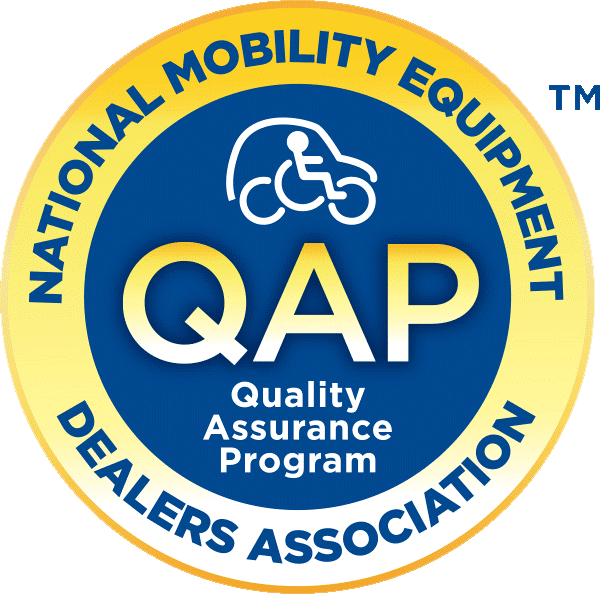
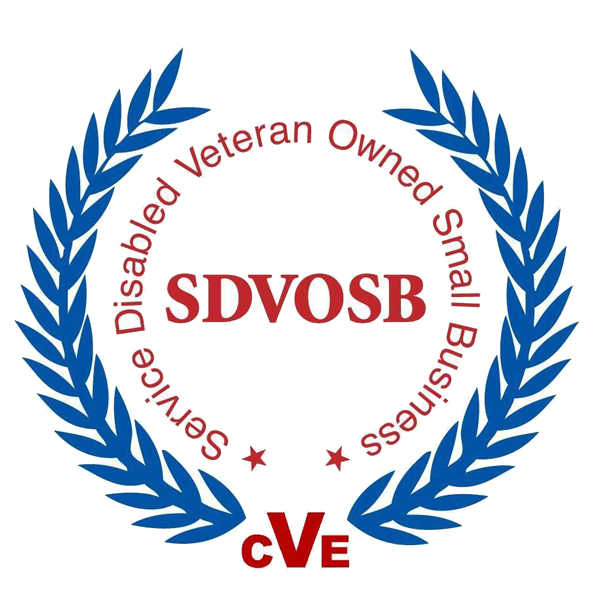
Recent News
 Buying a Wheelchair Accessible Vehicle? You MUST Know This First!January 29, 2024 - 3:05 pm
Buying a Wheelchair Accessible Vehicle? You MUST Know This First!January 29, 2024 - 3:05 pm Towing with Your Wheelchair Accessible VehicleFebruary 28, 2024 - 12:43 pm
Towing with Your Wheelchair Accessible VehicleFebruary 28, 2024 - 12:43 pm Professional network promoting excellence in the field of driver rehabilitationApril 5, 2022 - 3:42 pm
Professional network promoting excellence in the field of driver rehabilitationApril 5, 2022 - 3:42 pm
Contact Us
(703) 345-2990
Fax: (703) 378-4900
14101 Parke Long Ct.
Suite E
Chantilly, VA 20151

